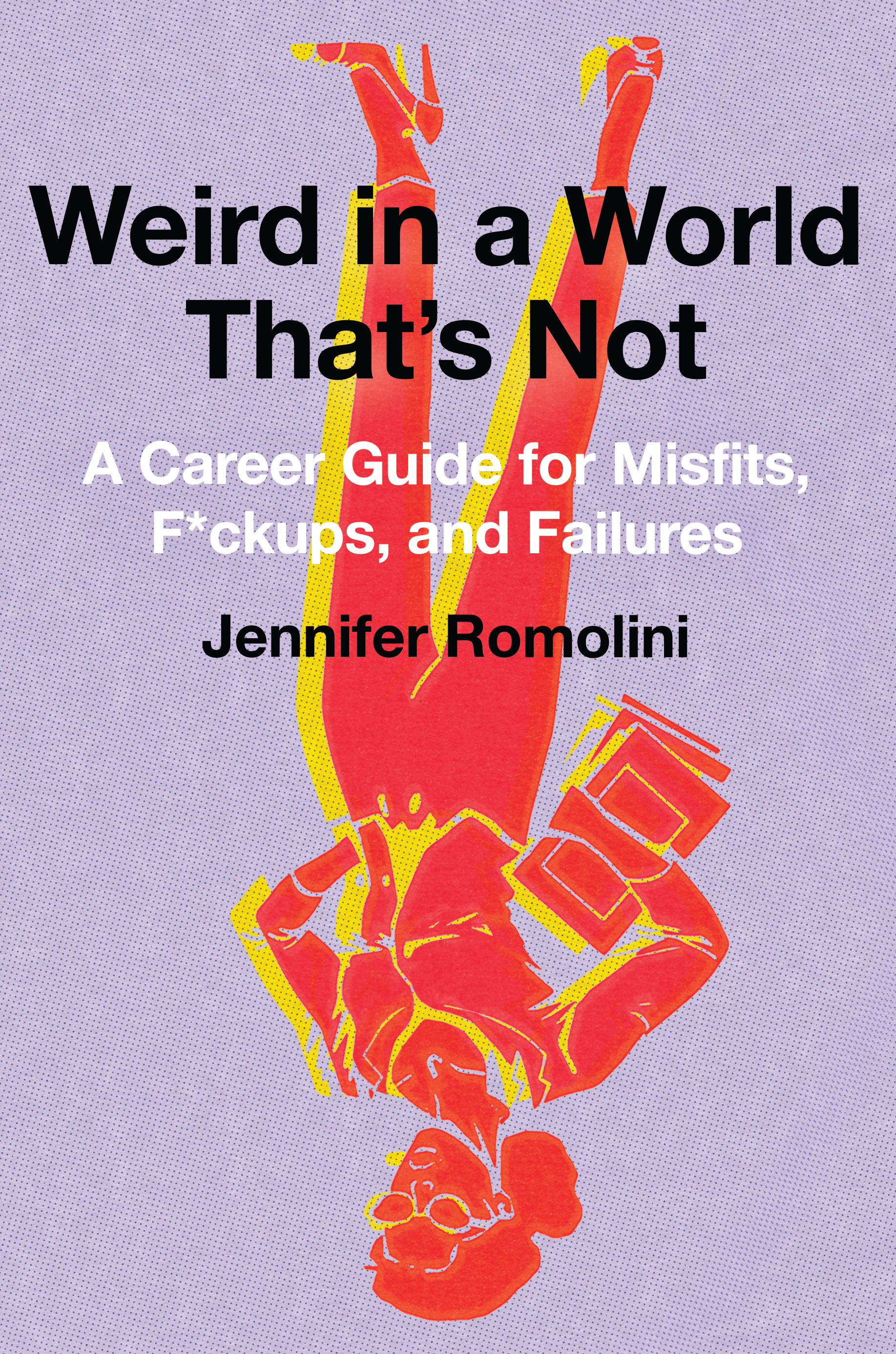
Boiled down to its essence, here is a challenge you will probably face at work: HOW DO I SEEM NORMAL IN THIS SITUATION and PLEASE DON’T LET THEM KNOW I’M WEIRD. This is especially true of meetings, the first time in our lives when we are paid to be penned in airless, confined spaces, propped around spaceship-like tables and forced to converse with other people in ways that don’t initially make sense.
A lot of things in offices are total nonsense, but having insightful, creative and constructive things to say in meetings is, in many or most industries, critical to your success. Sure, you can mess up a few, but as a long-term strategy, meetings are a moment to showcase your value and collaborate with your coworkers in front of people who make decisions about your paycheck. They’re also a moment when your boss gets to see the seeds of your leadership skills; the way you solve problems and think on your feet. Meetings are a giant pain in the ass, of course. They steal time away from actual work and fun non-work and are filled with all kinds of inside jokes and fraught interpersonal dynamics, hidden social rules and secret corporate etiquette, plus pressure on everyone to perform. It’s enough to make anyone feel panicked and edgy. It’s enough to make us weirdos implode.

If you’re uncomfortable in meetings, anticipate the problem and come up with a plan that makes you feel strong and safe. For example, talking in meetings used to make me literally break out in neck hives. I was really insecure, and because my impostor-syndrome dial was always turned up high, I didn’t like people looking at me, and I worried that the things I had to say sounded dumb. But I knew meetings were important. After more than a few awkward, red-faced meeting performances, I began type-A prepping for them. I over-prepared answers to questions I might be asked and ideas I might need to present. I wrote notes about exactly what I wanted to say before I had to say it. These notes were sometimes just an outline of the points I wanted to hit, but if I was feeling really nervous, I’d write out a full script, including where to say “and,” “but” and “the.” When it was my turn to present, I consulted my scripts, which were in my notebook. By bringing these “notes,” I made it appear to bosses that I truly gave a damn about their meeting, and I was able to say everything I needed to say while remaining calm. Everybody won.
Here are the basic rules of meetings — follow them, and you’ll be fine. Don’t be late. Don’t look at your phone. Don’t talk just to talk. Be a little extra cheerful and grateful. If you’re not quite sure, keep your comments brief and neutral. Say things like, “That sounds right” and “Thank you!” If you don’t know an answer, don’t make it up, but don’t say no either. Instead, say something like, “I will get that to you by the end of the day,” or “Let me double-check my information and e-mail you right after this.” Later, as you work into more senior roles, have bullet points you want to cover, ideas you’d like to pitch, facts about projects you want to make sure get heard. Say them when it’s your turn to talk, and fight to make sure you do get a turn to talk. Speak up in every open call for ideas. After about a dozen or so meetings, you will start to feel less anxious. Probably you’ll just feel kind of numb and bored, like everyone else.
Last thought on meetings — and this is super important to realize as you enter more and more business situations — no matter how heart-thumpingly anxious you feel, no one knows how weird it feels inside your head. As long as you don’t say, “Let’s burn this motherf—ker down!” or run through the room wearing zero pants, no one is noticing all your weird quirks. Everyone is distracted by their own stuff. They want to get out of the meeting as badly as you do, and they’re thinking about their next meeting and how they’re going to kick ass so hard, or when they can pick up their “Telltale Heart”–beating phones, or what exciting or unexciting thing they are going to get for lunch. They’re not worrying about whether you’re weird. And if they are, honestly, it’s their problem, not yours.
From the book WEIRD IN A WORLD THAT’S NOT: A Career Guide for Misfits, F *ckups, and Failures by Jennifer Romolini. Copyright © 2017 by Jennifer Romolini. Published today by HarperBusiness, an imprint of HarperCollins Publishers. Reprinted by permission.
More Must-Reads from TIME
- Why Biden Dropped Out
- Ukraine’s Plan to Survive Trump
- The Rise of a New Kind of Parenting Guru
- The Chaos and Commotion of the RNC in Photos
- Why We All Have a Stake in Twisters’ Success
- 8 Eating Habits That Actually Improve Your Sleep
- Welcome to the Noah Lyles Olympics
- Get Our Paris Olympics Newsletter in Your Inbox
Contact us at letters@time.com